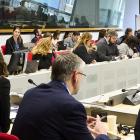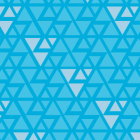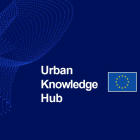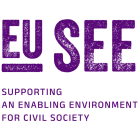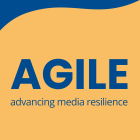
TEI OP-VET: Team Europe Initiative Opportunity-driven Skills and Vocational Education and Training in Africa
Sub-Saharan Africa presents significant investment opportunities across multiple sectors. However, matching these opportunities with the employment aspirations of a fast-growing youth population remains a challenge. Many young people struggle to find decent jobs, while investors face a shortage of relevant skills in the labour force. To help close this gap, the Team Europe Initiative on Opportunity-driven Skills and Vocational Education and Training in Africa (TEI OP-VET) was launched in April 2024 under the Global Gateway strategy. The initiative aims to strengthen vocational education and training systems in SSA by aligning them with concrete employment opportunities emerging from public and private investments, making skills development a core enabler of sustainable growth and job creation.

